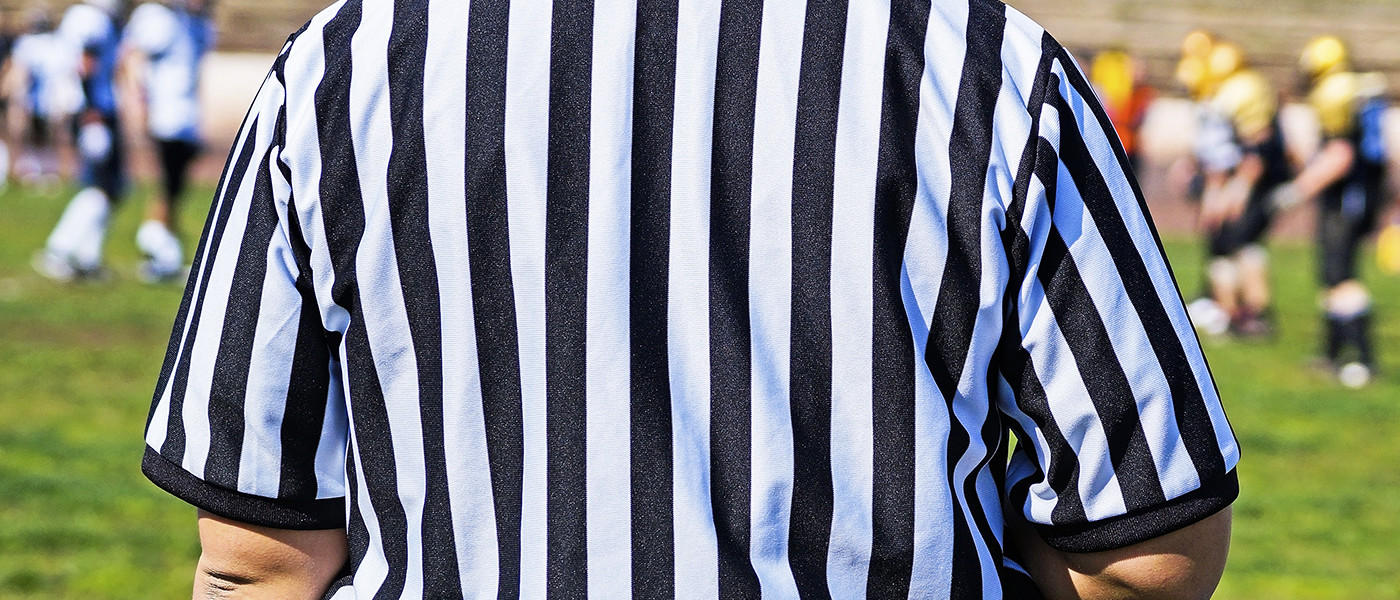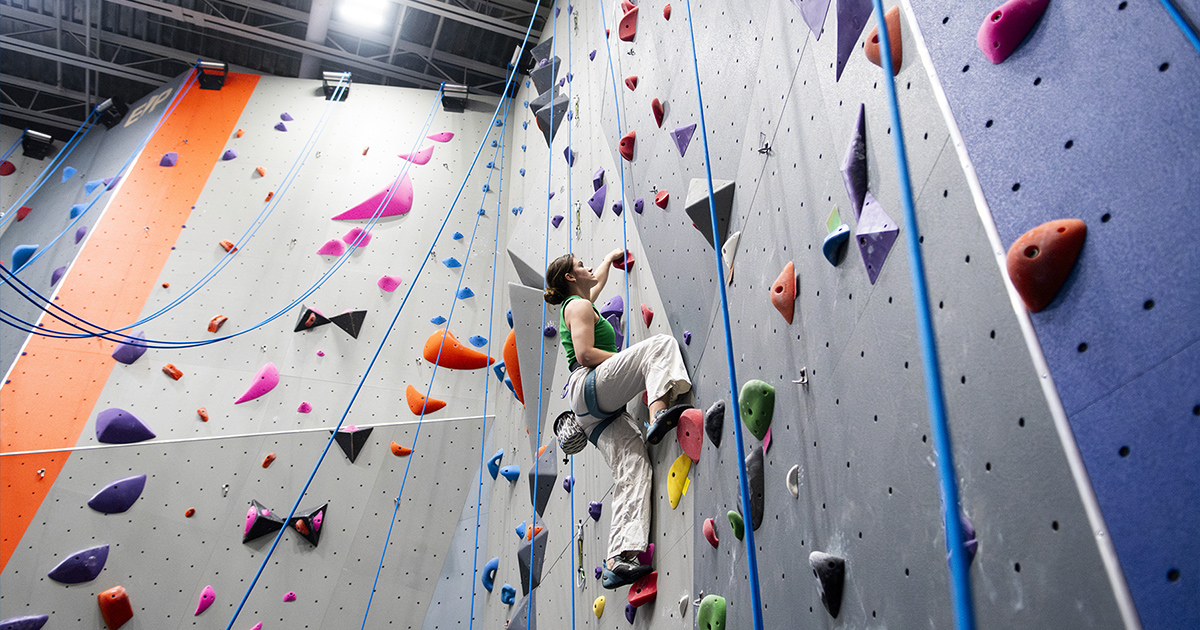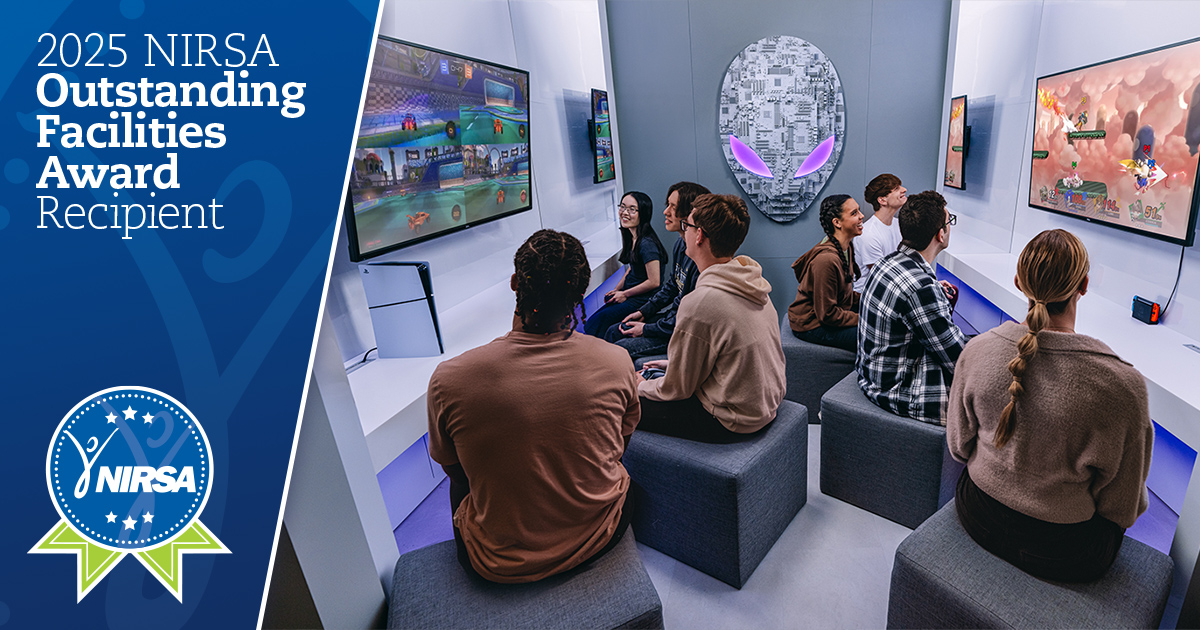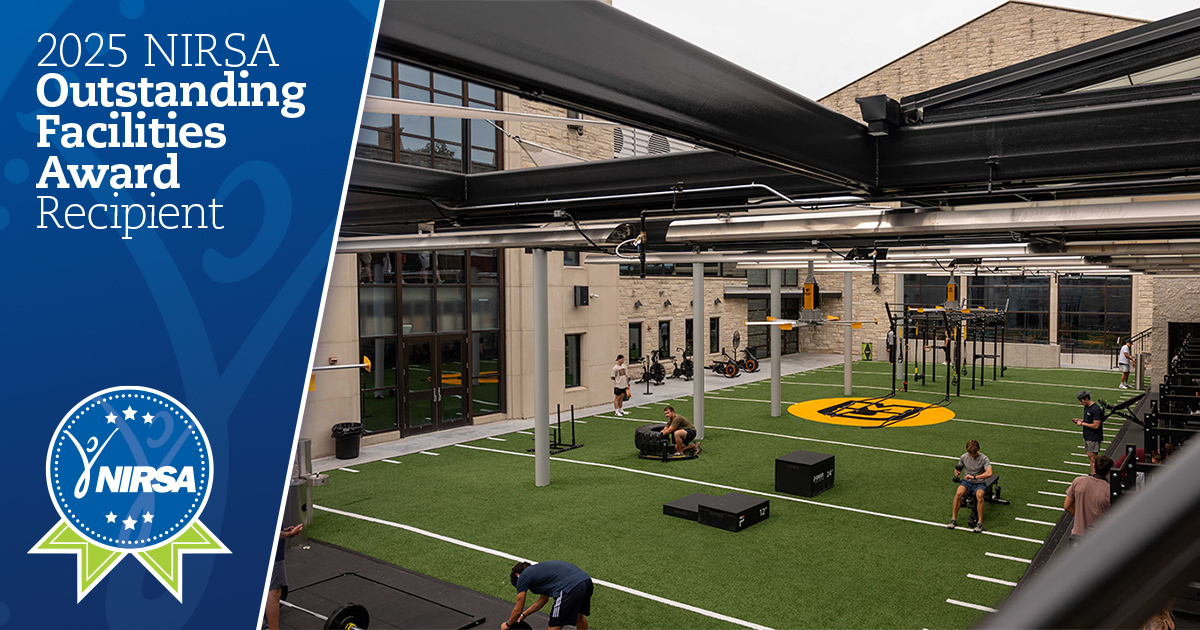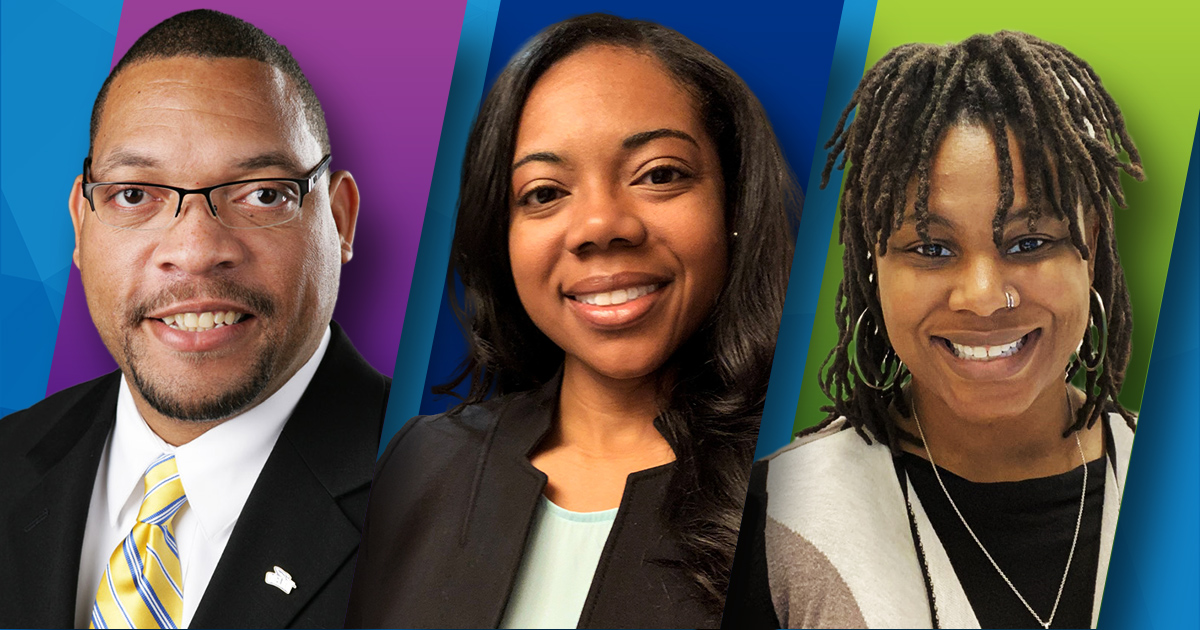We all know that moment. You know, the obligatory one in every sports movie. The protagonist stands on the field, rink, or court with a knowing grin on his or her face. Perhaps it is right before the rush of the game or just after the gym lights go out. As professionals in collegiate recreation, we know there is some authenticity to this admittedly cliché scene. We know the hard work, journey, and satisfaction of a game well-played. We also know that these contemplative, proud moments are not insular to athletes, but to the staff, volunteers, and officials that make such awe-worthy events possible.

2013 NIRSA NCCS National Basketball Championships at North Carolina State University
A key component of tournaments is the development of student officials. At NIRSA National Basketball Championship, student officials honed their skills through the structure of an officiating camp. Within this compacted structure, student officials attended classroom sessions to help with play calling, rules, mechanics, and positioning on the court. Student officials also worked many games and received invaluable feedback from top college-level officials, such as Jennifer Rezac, Assistant Director for Intramural Sports and Technology at Virginia Tech and NCAA Division I Women’s Basketball Official, as well as David Gaskins, Associate Director of Programs at East Carolina University and official for Division 1 and small college basketball.
Across all sports, NIRSA supports the powerful professional development tool that comes from our interconnected network of sports officials. To further the efforts, missions, and opportunities of sports officials within NIRSA, the Association provides officiating materials through the Sports Officials Development Program. The program is dedicated to ensuring that sports on college campuses—focusing on basketball, flag football, soccer, softball, and volleyball—are consistent, fair, fun, and easy to officiate. Nick Brigati is the current Chair of the Sports Officials Development Program, as well as the Director of Intramural & Club Sports at Ohio University. As the chair of the Development Program and an official himself, Nick works with his fellow officials to raise the level of on-campus officiating programs throughout the country by bringing together materials and resources from experts throughout the profession and sharing them with all NIRSA members.
Nicole Green, Assistant Director of Special Events and Facility Management at the University of Michigan, gives accolades to the Sports Officials Development program and on-site education at tournaments, which she credits as “bringing our collective knowledge of sports and officiating together…It’s incredibly helpful for sharing our body of knowledge with the intramural and sport club professionals around the country.” In sharing information with collegiate recreation professionals, there is a diverse array of other connections. Nicole continued, “We are fortunate to work in a professional field that values a variety of learning and professional development opportunities. Development of officiating knowledge and techniques is transferable to our jobs within recreation.”
“There are several transferable skills that intramural referees acquire that are applicable to their career goals.”
This idea of transferable skills is one that permeates through the collegiate recreation profession. Tyler Ford, Assistant Director of Intramural Sports at Purdue University, said, “There are several transferable skills that intramural referees acquire that are applicable to their career goals.” He continued that officiating experience encourages individuals to “connect the dots” of their skills, valuing the training and experiences surrounding conflict resolution. Ultimately,” Tyler said, “I hope
There are many paths within the officiating community, from individuals who partake as a hobby to those who are pursuing officiating as a career path. A handful even goes on to officiate at the professional level, such as Tyler Ford’s service for the NBA D-League. The diverse backgrounds of officials enrich collegiate recreation as a whole. Individuals finding officiating before or after their entries into collegiate recreation adds to the continually mounting strength and diversity of sports officiating. Haley Drometer, Coordinator of Intramural Sports at Florida State University’s Campus Recreation department, inched into officiating by way of first being a sport club participant, then scorekeeper. She said, “While officiating was not my start in campus recreation, it’s what made me stay.”
When asked what are the top values held by sports officials, running the full gambit of high school officials to professional league officials, the ideals of integrity and camaraderie were chimed again and again. Gary Cahen, Associate Director of Programs for the UCF Recreation and Wellness Center, explained how these values are instilled: “Once you’re connected to your peers, the sport, and the craft of officiating—the magic happens.”

NIRSA NCCS National Flag Football Championship at the University of Central Florida
This magic happens all the time as opportunities to connect with other officials are as local as one’s own campus and as expansive as national tournaments, such as the recent the NIRSA National Basketball Championship. As officials experience the magic repeatedly, they start to become mentors to student officials starting to make their way up in the field. These students continue on, with some qualifying to officiate and receive student official training at a higher level, such as at the recent 2013 NIRSA National Basketball Championship. However, that is really just the tip of the iceberg. From regional and national events like these, student officials return home with valuable experience and lessons to share with the wider community of student officials on their individual campuses.
After years of mentorship from his official father, Gary noted how powerful it was to realize that he was now a mentor himself. In reference to watching his former students and younger brother officiate in exciting games, He said, “Knowing that I may have played a small part in helping them get to that point is much more rewarding than any moment or game I’ve officiated myself.”
Perhaps officials should get the climatic movie-moment, too. Nick certainly painted a heart-warming picture of such with, “My most meaningful moment as an official would have to be my first time on the field for a college football game at Hiram College in 2008. As I stood ready for the kickoff, I briefly reflected upon all of the people who took an interest in me and my officiating and help to get me to that moment.”


